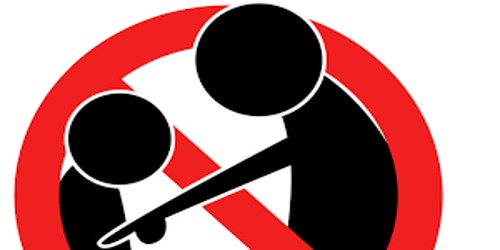Appeal:
There is no definition of ‘Appeal’ in the CPC. ‘ Appeal ’ means the right of carrying a particular case from an inferior to superior court with a view to ascertaining whether the judgment is sustainable or not. Appeal is a kind of application by a party to an appellate court, asking it to set aside or reverse a decision of a right but is a creature of statute. It is the statute alone to which the court must look to determine whether right of Appeal exists or not. Parties cannot create right of Appeal by agreement or mutual consent. The right of Appeal is not a matter of procedure but is a substantive right, and can be taken away only by a subsequent amendment and not otherwise (Garikapati V Subbish Choudhury, 1957 SC 540 ).
General Rule as to Appeal
- The right of Appeal is created by statute and there is no inherent right of Appeal.
- An Appeal is considered to be the continuation of the trial of the lower court.
- General rule laid down in section 96 of the CPC is that no Appeal lies except as otherwise provided by the Code or by any other law.
- Appeal may lie on a matter of law as well as a matter of fact.
- The appellate court must consider both the points of law and fact in its judgment of Appeal. An appellate court must discuss the evidence in detail, make critical analysis of the evidence and consider the facts and circumstances of the case, independent of the decision of the trial court and arrive at its own finding. The appellate court is both a court of law and fact (6 BLD 191 (AD)).
Nature of Civil Revision
Section 115 of the CPC provides for the revisional power of the High Court Division and of the District Judge. This section as amended in 2003 has brought about some fundamental changes in the substantive provisions of the civil revision. Unlike before revisional power can now be exercised by the District Judge. Secondly, there is now provision for second revision under sub-section 115 (4). The nature of revisional power is as follows:
- Under section 115 of the Code of Civil Procedure (as amended in 2003) civil revisional power can be exercised by the High Court Division and the District Judge.
- This power is also called supervisory power or power to do complete justice or power to call for records.
- Exercise of this power can be only at the instance of a party. Previously this power could have been exercised suo motua by the High Court Division.
- It is purely a discretionary remedy and this cannot be claimed as of right.
- Normally questions of facts are not considered by a court under its revisional jurisdiction.
- A revision is not a continuation of the original proceeding like an Appeal.
- Being it a purely discretionary remedy, the HCD or the District Judge may not interfere even after the fulfillment of all the conditions of revision.
- The reivisonal power under section 115 is concerned with error of law committed by trial court or appellate court occasioning failure of justice.
Civil Reference:
Section 113 of the CPC provides that any court may state a case and refer the same for the opinion of the High Court Division, and the High Court Division may make such order thereon as it may thinks fit. Conditions of civil revision are that
- Only a court can make reference to the HCD.
- Reference is to be made only when an important issue of law has arisen.
- The power of reference by the HCD is discretionary.
Review:
Review means a judicial re – examination of a case in certain specified and prescribed circumstances. Review is possible almost in every judicial organ. It is done by the same court which gave the order or judgment against which review is sought for. Section 114 of the CPC provides that if a person is aggrieved: –
- by a decree or order from which an Appeal is allowed but no Appeal has been preferred.
- by a decree or order from which no Appeal is allowed ; or
- by a decision on a reference from a Court of Small Causes ;
- May apply for a review of judgment to the court which passed the decree or made the order, and the court may make such order thereon as it thinks fit.
















